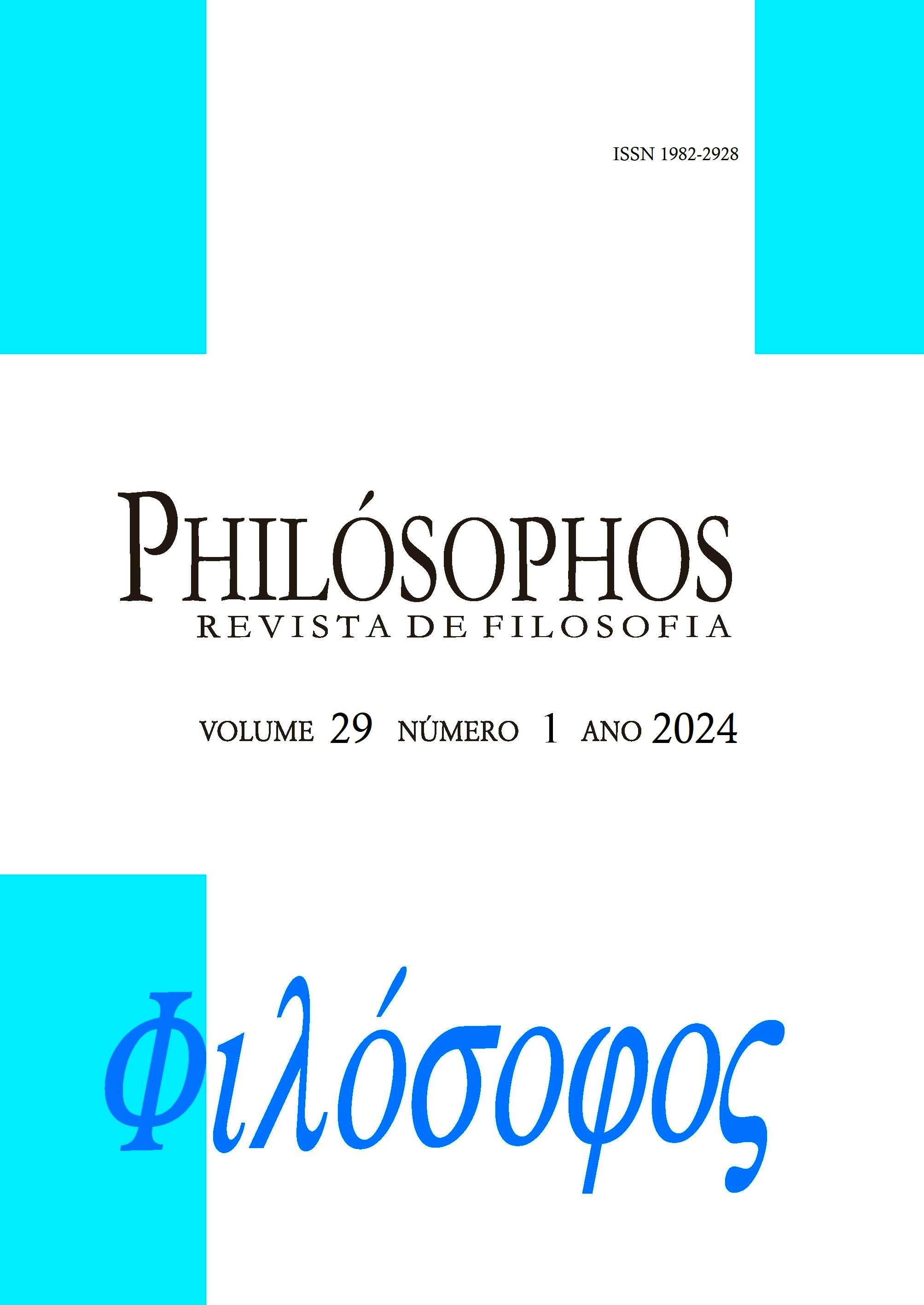Inferential limits of Machine’s Intelligence
Can Kant teach us anything about the content of A.I. judgments?
DOI:
https://doi.org/10.5216/phi.v29i1.78657Palabras clave:
Inferentialism, artificial intelligence, synthetic unity of apperception, Dummett, Kant.Resumen
We argue that a framework for comprehending the basic differences between the mental structures of humans and machines (as they currently exist) is established by Transcendental Analytics' argument in the Critique of Pure Reason. It will be demonstrated that Kant's theory of the synthetic unity of apperception, as established by Transcendental Analytics' argument in the Critique of Pure Reason, along with Dummett's theory of meaning for meaning-theoretical predictions of inferential connections, can assist in establishing this framework. When combined, these form a framework for organizing a coherent differentiation between what we refer to as the conscious grasp of the unity that is present during judgment and the machine-performed manipulation of signs. In the end, we will present an appendix on the underdevelopment of the Kantian framework for distinguishing artificial intelligence from human intelligence.
Descargas
Descargas
Publicado
Cómo citar
Número
Sección
Licencia
Derechos de autor 2024 Philósophos a journal of philosophy

Esta obra está bajo una licencia internacional Creative Commons Atribución-NoComercial-SinDerivadas 4.0.
1. Proposta de Política para Periódicos de Acesso Livre
Autores que publicam nesta revista concordam com os seguintes termos:
- Autores mantém os direitos autorais e concedem à revista o direito de primeira publicação, sendo o trabalho simultaneamente licenciado sob a Creative Commons Attribution License o que permite o compartilhamento do trabalho com reconhecimento da autoria do trabalho e publicação inicial nesta revista.
- Autores têm autorização para assumir contratos adicionais separadamente, para distribuição não-exclusiva da versão do trabalho publicada nesta revista (ex.: publicar em repositório institucional ou como capítulo de livro), com reconhecimento de autoria e publicação inicial nesta revista.
- Autores têm permissão e são estimulados a publicar e distribuir seu trabalho online (ex.: em repositórios institucionais ou na sua página pessoal) a qualquer ponto antes ou durante o processo editorial, já que isso pode gerar alterações produtivas, bem como aumentar o impacto e a citação do trabalho publicado (Veja O Efeito do Acesso Livre).














